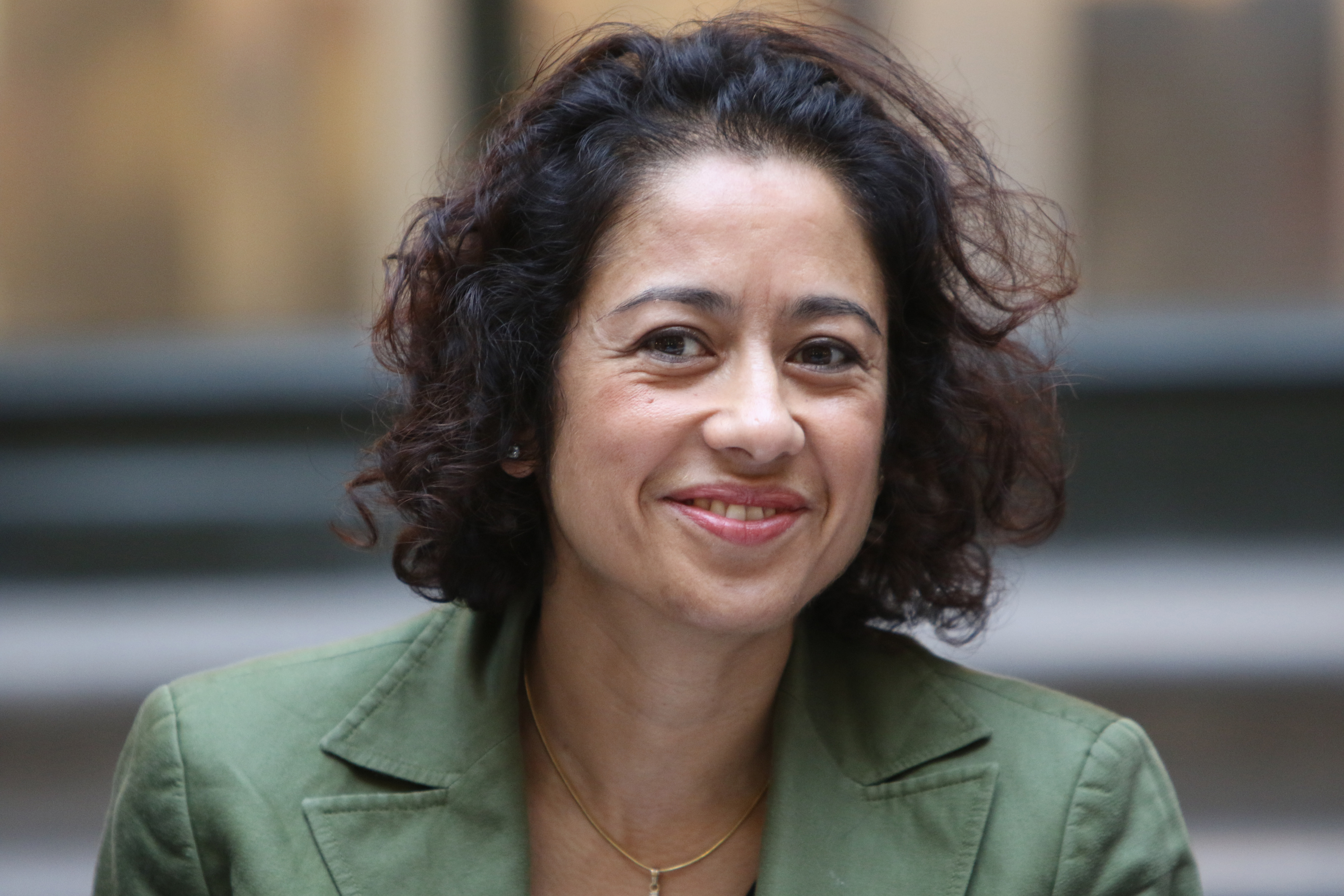
Samira Ahmed (Credit: Foreign Office Flickr Commons)
This month the news has been awash with stories about Samira Ahmed’s successful claim against the BBC. But what was the case actually about? Samira Ahmed has, since 2012, presented a BBC programme called Newswatch, which is a forum for discussion and debate of viewers’ opinions on BBC News. She was paid £440 for the work involved in preparing for and filming, each 15-minute episode.
The BBC also has another 15-minute programme called Points of View, which airs the views of the BBC’s audience about all BBC programmes, including news. From 2008 to 2018, its presenter was Jeremy Vine, who was paid £3,000 for the work involved in preparing for and filming each episode.
Ms Ahmed argued that her work on Newswatch was equivalent to that undertaken by Mr Vine and that the reason for the difference in pay was simply because she was female.
Although she tried to resolve her complaint internally by raising a grievance, this was not upheld by the BBC and so she brought her claim in the employment tribunal.
The tribunal first had to consider whether the work undertaken by the two presenters was ‘like work’ or ‘work of equal value.’ They took account of how much time each spent preparing for and filming each episode. The BBC argued that the work as not comparable because the audience figures were different, and that Points of View was a high-profile entertainment programme whilst Newswatch was part of the BBC’s news programmes.
It was clear to the tribunal that not only were the two programmes broadly similar in their format, the work involved for both programmes was – in their view – the same, or very similar. In addition, there was no real difference in the skill or experience required to present the programmes.
They did not accept that the fact that one programme was classified as being ‘entertainment’ whilst the other was ‘news’ had any bearing on the work done by the presenters. Nor did they accept that in fact Points of View had higher audience figures (the figures suggested its audience was lower than Newswatch), but again did not see how this affected the work required of the presenters.
Having found that the work undertaken by Ms Ahmed and Mr Vine was essentially the same, there is a legal presumption that the difference in pay is due to gender unless the BBC can demonstrate that it was caused by some other factor. The BBC put forward several different reasons for the difference in pay, each of which was rejected.
They argued that the profile of the two programmes was significantly different, with Points of View being of higher-profile – which had led to Mr Vine being paid more to present each episode. Yet the BBC did not put forward any evidence from those involved in the pay negotiations with Mr Vine’s representatives, to substantiate this argument.
The tribunal considered that the difference in pay (£3,000 to £440) was such that it was very unlikely to have been simply because of the profile of the programmes. The BBC also argued that the profiles of each presenter was different, with Mr Vine having a ‘higher’ public profile. Yet the evidence for this was scant, and what was replied upon post-dated the pay negotiations (and so couldn’t have influenced those discussions). The BBC also relied upon ‘the market rate’ payable to Mr Vine but failed to show that it this was something that was considered by those who conducted the pay negotiations.
Given the tribunal’s conclusion that the BBC could not demonstrate that the difference in pay between Ms Ahmed and Mr Vine was not due to gender, the tribunal concluded that was, and Ms Ahmed’s claim succeeded.
This case is an important reminder that employers need to ensure that they can justify any differences in the salaries which they pay to staff who perform the same or very similar work.
One of the biggest difficulties for the BBC, in this case was demonstrating the reasons why Mr Vine was paid such a high salary – there were no contemporaneous notes of what factors had been taken into account when the salary was agreed, or why it had been set at that particular level. Employers would be well advised to document any issues which are considered when setting a salary which is unusual or outside of the normal range for that job.
Safia Tharoo
Barrister, 40 Bedford Row, London